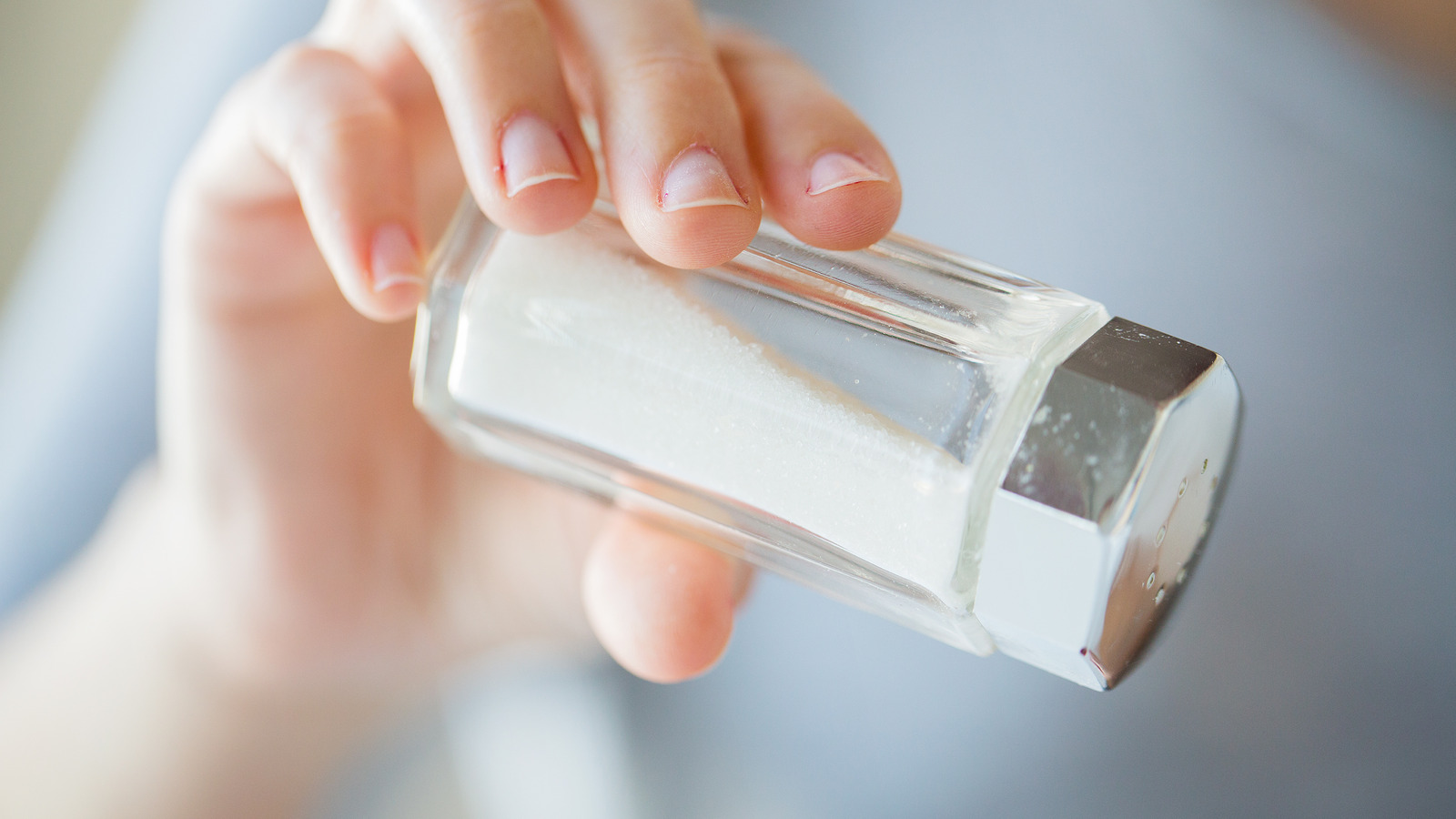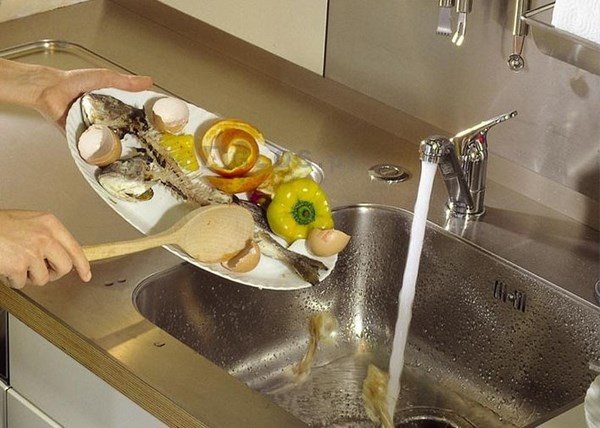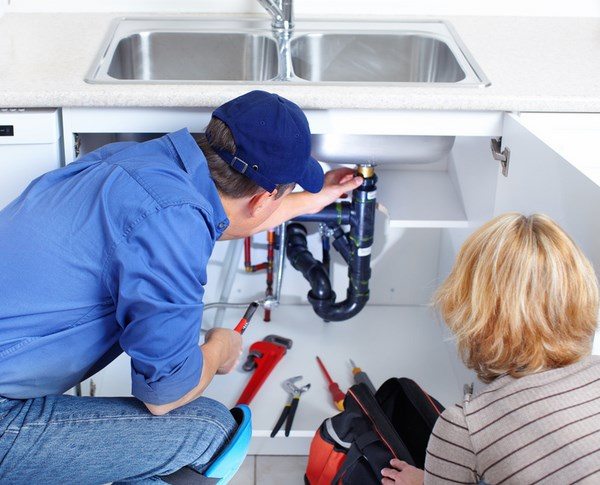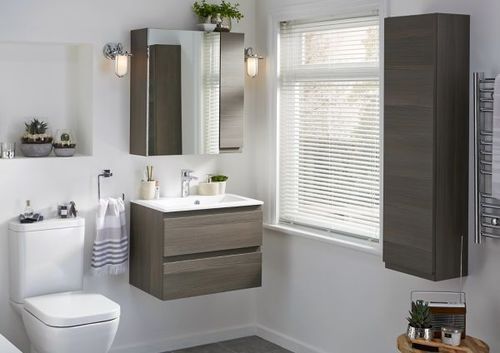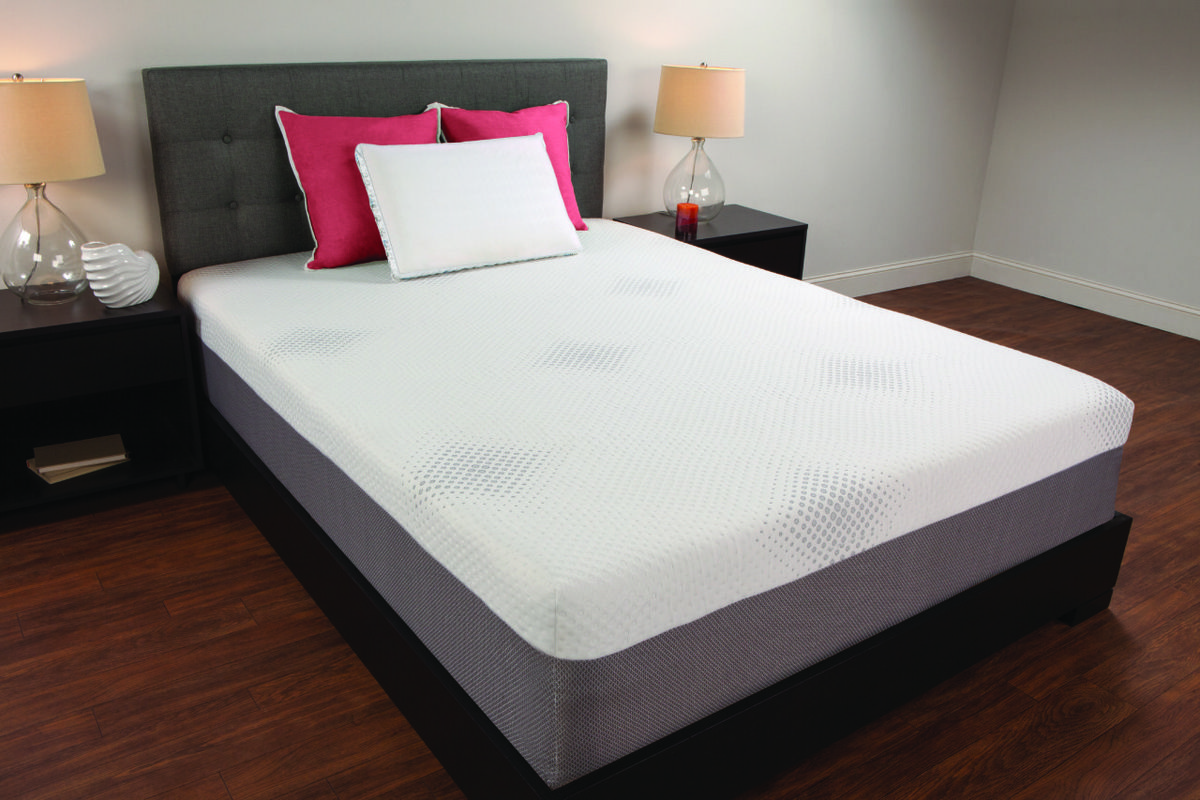Kitchen sink drainage problems can be a major inconvenience, causing slow draining water, foul odors, and even clogs that can lead to costly repairs. These issues can disrupt your daily routine and make it difficult to properly clean dishes and maintain a hygienic kitchen. Understanding the common causes of kitchen sink drainage problems can help you prevent them in the future and keep your sink running smoothly. grease buildup and food particles are the main culprits behind most kitchen sink drainage problems. Over time, these substances can accumulate in your pipes and cause blockages that prevent water from draining properly. Additionally, hard water deposits and soap scum can also contribute to clogs and slow drainage.Common Causes of Kitchen Sink Drainage Problems
If you notice that your kitchen sink is draining slowly, it's important to take action before the problem gets worse. One DIY solution is to use a plunger to try and dislodge any clogs. Simply place the plunger over the drain and push up and down several times to create suction and hopefully break up the blockage. If the plunger doesn't work, you can also try using a homemade drain cleaner made of baking soda and vinegar. Pour a cup of baking soda down the drain, followed by a cup of vinegar. Let it sit for about 30 minutes, then flush with hot water. This can help dissolve any build-up in your pipes and improve drainage.How to Fix a Slow-Draining Kitchen Sink
The best way to deal with kitchen sink drainage problems is to prevent them from happening in the first place. Here are five tips to help keep your kitchen sink drain running smoothly: 1. Use a drain strainer to catch food particles and prevent them from going down the drain. This is especially important when washing dishes or cooking, as it can greatly reduce the amount of debris that ends up in your pipes. 2. Avoid pouring grease and oil down the drain. Instead, pour these substances into a container and dispose of them in the trash. Grease and oil can solidify in your pipes and cause major clogs. 3. Run hot water down the drain after each use. This can help flush away any small particles that may have made their way into your pipes. 4. Regularly clean your garbage disposal. Food particles can get stuck in your garbage disposal and lead to clogs. Be sure to clean it out regularly to prevent this from happening. 5. Consider using a biodegradable drain cleaner once a month. This can help keep your pipes clear and prevent build-up.5 Tips for Preventing Kitchen Sink Drain Clogs
Kitchen sink drainage problems can manifest in different ways, and it's important to recognize the signs so you can take action promptly. Some common signs that you have a clogged kitchen sink drain include: - Slow draining water - if you notice that water is taking longer than usual to drain from your sink, it could be a sign of a clog. - Foul odors - a clogged kitchen sink drain can cause unpleasant smells to emanate from your sink. This is often due to food particles and grease that have become trapped in your pipes. - Gurgling noises - if you hear strange gurgling noises coming from your sink drain, it could indicate that water is having trouble flowing freely due to a blockage. - Water backup - in severe cases, a clogged kitchen sink drain can cause water to back up and overflow from the sink. This is a sign that you need to take immediate action.Signs You Have a Clogged Kitchen Sink Drain
If you've tried using a plunger and a homemade drain cleaner with no success, it may be time to call in a professional. A plumber can use specialized tools and techniques to unclog your kitchen sink drain and get it running smoothly again. Alternatively, you can try using a drain snake to remove the clog yourself. This long, flexible tool can reach deep into your pipes to break up and remove blockages. Just be sure to follow the instructions carefully and use caution to avoid causing damage to your pipes.How to Unclog a Kitchen Sink Drain
If your kitchen sink is draining slowly, it's likely due to a clog. However, there are a few other potential causes to consider: - Pipe damage - if your pipes are old or damaged, they can become misshapen and cause water to drain slowly. - Incorrectly installed pipes - if your kitchen sink was installed improperly, it can lead to drainage issues. This is why it's important to hire a professional plumber for installation. - Tree root intrusion - in rare cases, tree roots can grow into your pipes and cause blockages. This requires professional assistance to resolve.Why Is My Kitchen Sink Draining Slowly?
If you're dealing with a clogged kitchen sink drain, there are a few steps you can take to try and clear it yourself: 1. Use a plunger - as mentioned earlier, a plunger can help dislodge clogs and get water flowing again. 2. Try a drain snake - if a plunger doesn't work, a drain snake can help remove stubborn clogs. 3. Use a homemade drain cleaner - baking soda and vinegar can be effective in breaking up minor clogs. 4. Call a plumber - if all else fails, a professional plumber can use specialized tools to clear the clog and get your sink draining properly.How to Clear a Clogged Kitchen Sink Drain
Kitchen sink drainage problems can be caused by a variety of issues, but some are more common than others. Here are the top 10 most common kitchen sink drainage problems: 1. Clogs from food particles and grease 2. Hard water deposits and soap scum build-up 3. Tree root intrusion 4. Pipe damage or misshapen pipes 5. Incorrectly installed pipes 6. Foreign objects stuck in the drain 7. Garbage disposal malfunctions 8. Old or worn out pipes 9. Flushing non-biodegradable items down the drain 10. Lack of regular drain maintenanceTop 10 Common Kitchen Sink Drainage Problems
Preventing kitchen sink drain clogs is much easier and less expensive than dealing with them after they occur. Here are a few tips to help keep your kitchen sink drain clog-free: - Use a drain strainer to catch food particles - Avoid pouring grease and oil down the drain - Run hot water down the drain after each use - Regularly clean your garbage disposal - Consider using a biodegradable drain cleaner once a month - Have your pipes inspected and maintained regularly by a professional plumberHow to Prevent Kitchen Sink Drain Clogs
While some kitchen sink drainage problems may require the help of a professional, there are also some DIY solutions that can help prevent and resolve these issues. Here are a few to try: - Use a plunger or drain snake to remove clogs - Make a homemade drain cleaner with baking soda and vinegar - Regularly clean your garbage disposal - Use a biodegradable drain cleaner once a month - Avoid flushing non-biodegradable items down the drain In conclusion, kitchen sink drainage problems can be a major headache, but by understanding the common causes and taking preventative measures, you can keep your sink running smoothly and avoid costly repairs. If you do encounter a drainage issue, try some DIY solutions first, but don't hesitate to call a professional if needed. With proper maintenance and care, your kitchen sink drain can stay clog-free for years to come.DIY Solutions for Kitchen Sink Drainage Problems
How to Prevent Drainage Problems in Your Kitchen Sink

The Importance of Proper Drainage in a Kitchen Sink
 When it comes to designing a kitchen, there are many factors to consider. From the layout and style to the appliances and finishes, every detail plays a crucial role in creating a functional and visually appealing space. However, one aspect that is often overlooked is the drainage system in the kitchen sink. This might seem like a small detail, but it can cause significant problems if not properly addressed.
Kitchen sink drainage problems are a common issue faced by homeowners
, and they can be quite a headache to deal with. Clogged drains, slow draining water, and foul odors are just some of the issues that can arise from poor drainage in a kitchen sink. Not only can this be inconvenient and unhygienic, but it can also lead to expensive repairs and replacements down the line.
When it comes to designing a kitchen, there are many factors to consider. From the layout and style to the appliances and finishes, every detail plays a crucial role in creating a functional and visually appealing space. However, one aspect that is often overlooked is the drainage system in the kitchen sink. This might seem like a small detail, but it can cause significant problems if not properly addressed.
Kitchen sink drainage problems are a common issue faced by homeowners
, and they can be quite a headache to deal with. Clogged drains, slow draining water, and foul odors are just some of the issues that can arise from poor drainage in a kitchen sink. Not only can this be inconvenient and unhygienic, but it can also lead to expensive repairs and replacements down the line.
The Causes of Drainage Problems in Kitchen Sinks
 Before we discuss how to prevent drainage problems, it's essential to understand the root causes. The main culprit is often food waste and grease that gets washed down the sink. Over time, these substances can build up and create blockages in the pipes, leading to slow or stagnant draining water. Another common cause is inadequate slope or incorrect installation of the drainage system, which can prevent water from flowing freely.
Another important factor to consider is the type of sink and plumbing fixtures being used
. Cheap or low-quality materials can deteriorate quickly and cause leaks or cracks, which can also contribute to drainage problems. Additionally, if the kitchen sink is not used regularly, it can lead to stagnant water and foul odors, creating an unpleasant environment in the kitchen.
Before we discuss how to prevent drainage problems, it's essential to understand the root causes. The main culprit is often food waste and grease that gets washed down the sink. Over time, these substances can build up and create blockages in the pipes, leading to slow or stagnant draining water. Another common cause is inadequate slope or incorrect installation of the drainage system, which can prevent water from flowing freely.
Another important factor to consider is the type of sink and plumbing fixtures being used
. Cheap or low-quality materials can deteriorate quickly and cause leaks or cracks, which can also contribute to drainage problems. Additionally, if the kitchen sink is not used regularly, it can lead to stagnant water and foul odors, creating an unpleasant environment in the kitchen.
Preventing Drainage Problems in Your Kitchen Sink
 Now that we know the causes, it's essential to take preventive measures to avoid drainage problems in your kitchen sink. The first step is to be mindful of what goes down the drain. Avoid throwing food waste, coffee grounds, and grease down the sink. Instead, use a strainer or filter to catch any food particles and dispose of them in the trash. Regularly cleaning and maintaining the sink and drainage system can also help prevent buildup and blockages.
Investing in high-quality materials for your kitchen sink and plumbing fixtures
can also go a long way in preventing drainage problems. It's worth spending a little extra on durable and reliable products that will last longer and require less maintenance. Lastly, make sure to use your kitchen sink regularly to avoid stagnant water and unpleasant odors.
In conclusion, proper drainage in a kitchen sink is crucial for a functional and hygienic kitchen. By understanding the causes of drainage problems and taking preventive measures, you can avoid dealing with clogged drains and foul odors. Remember to invest in high-quality materials and regularly maintain your sink and drainage system to keep your kitchen running smoothly.
Now that we know the causes, it's essential to take preventive measures to avoid drainage problems in your kitchen sink. The first step is to be mindful of what goes down the drain. Avoid throwing food waste, coffee grounds, and grease down the sink. Instead, use a strainer or filter to catch any food particles and dispose of them in the trash. Regularly cleaning and maintaining the sink and drainage system can also help prevent buildup and blockages.
Investing in high-quality materials for your kitchen sink and plumbing fixtures
can also go a long way in preventing drainage problems. It's worth spending a little extra on durable and reliable products that will last longer and require less maintenance. Lastly, make sure to use your kitchen sink regularly to avoid stagnant water and unpleasant odors.
In conclusion, proper drainage in a kitchen sink is crucial for a functional and hygienic kitchen. By understanding the causes of drainage problems and taking preventive measures, you can avoid dealing with clogged drains and foul odors. Remember to invest in high-quality materials and regularly maintain your sink and drainage system to keep your kitchen running smoothly.






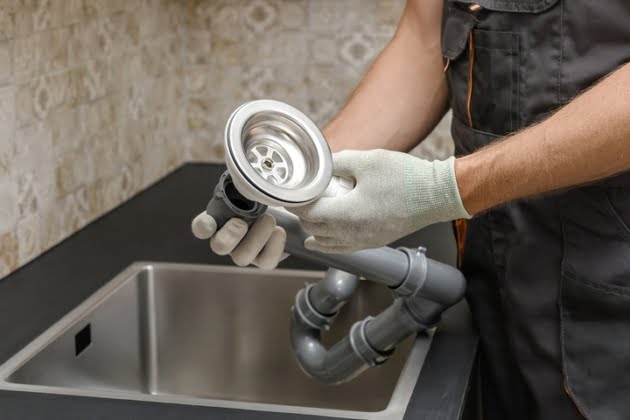

/signs-of-a-sewer-drain-clog-2718943_FINAL-7306dab348804135897b63a4411cdfdf.png)
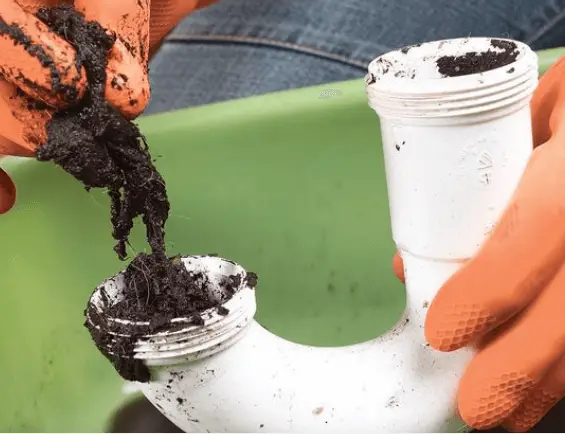
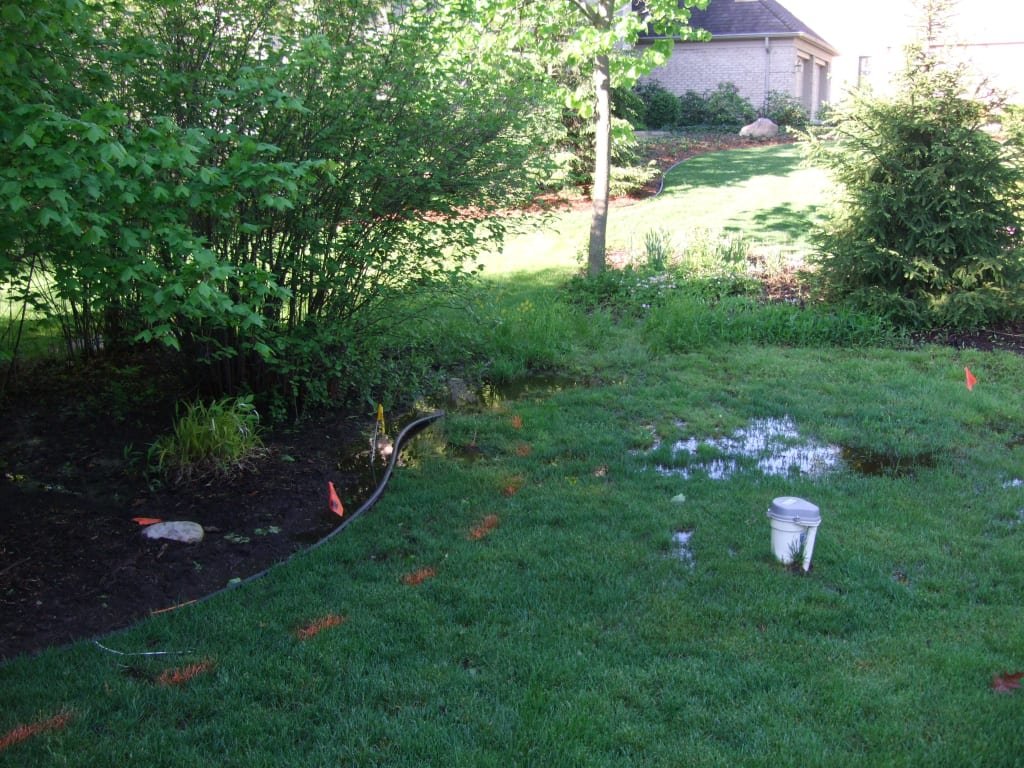















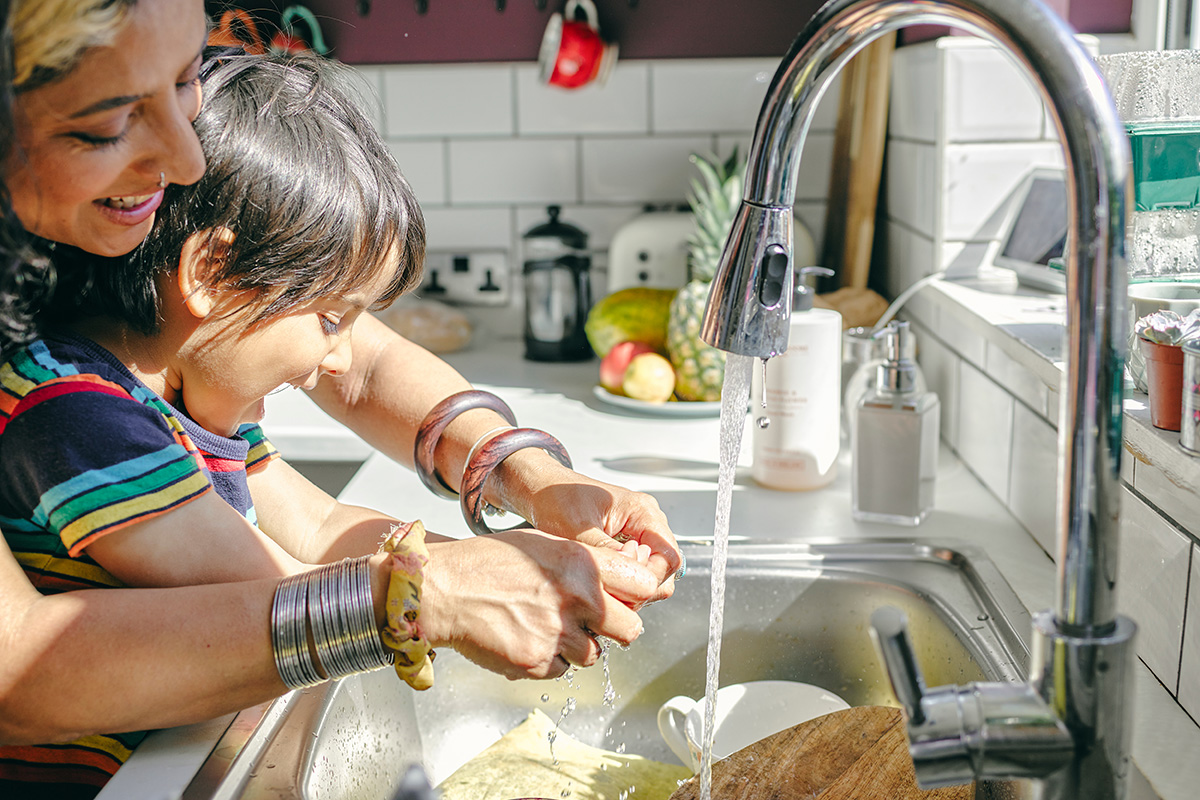



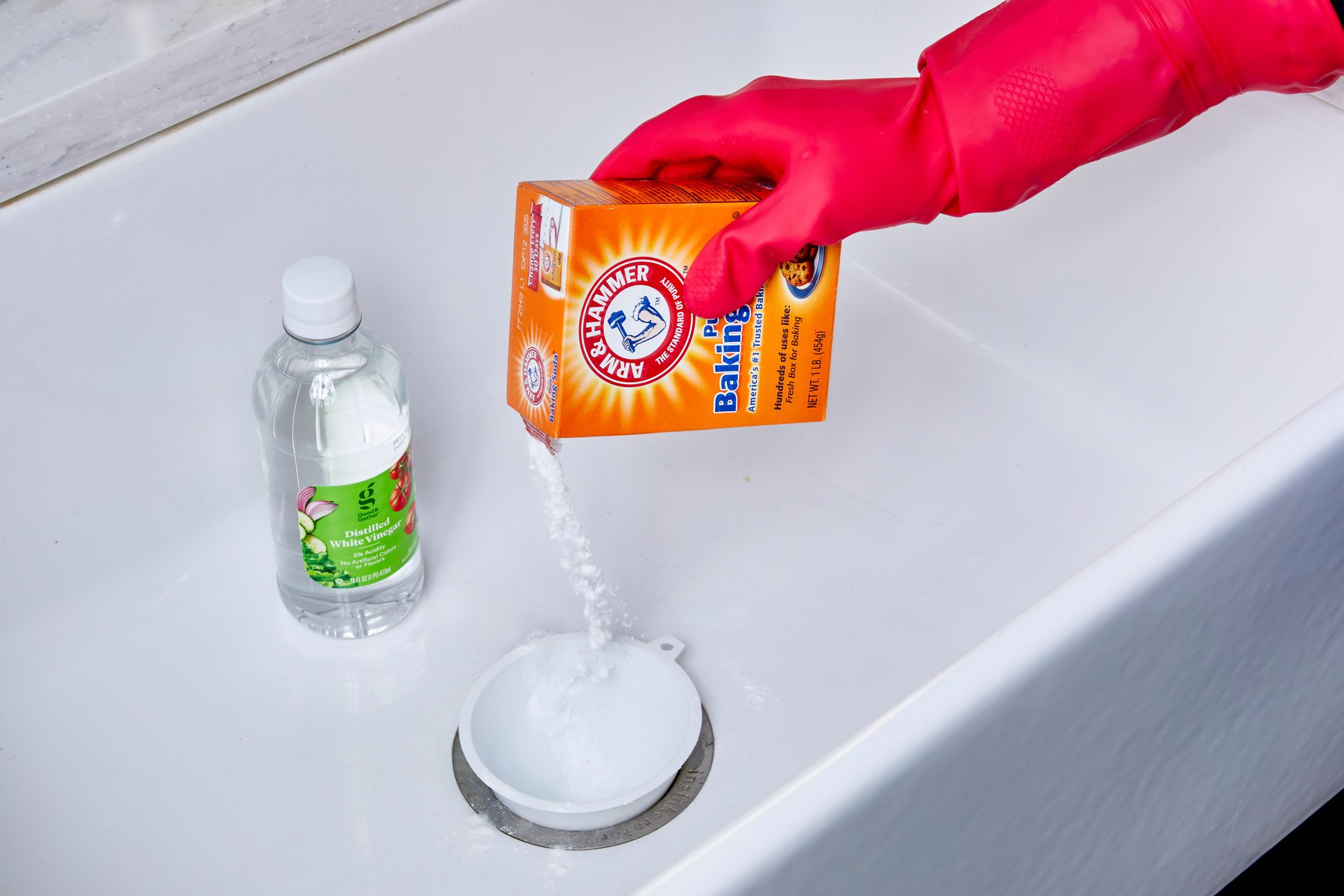




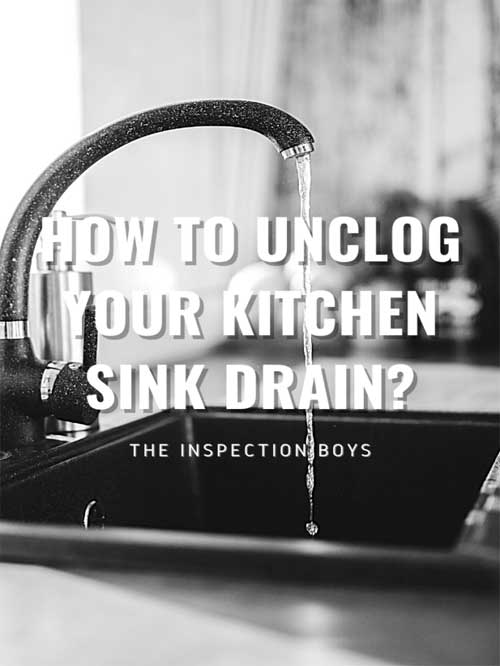



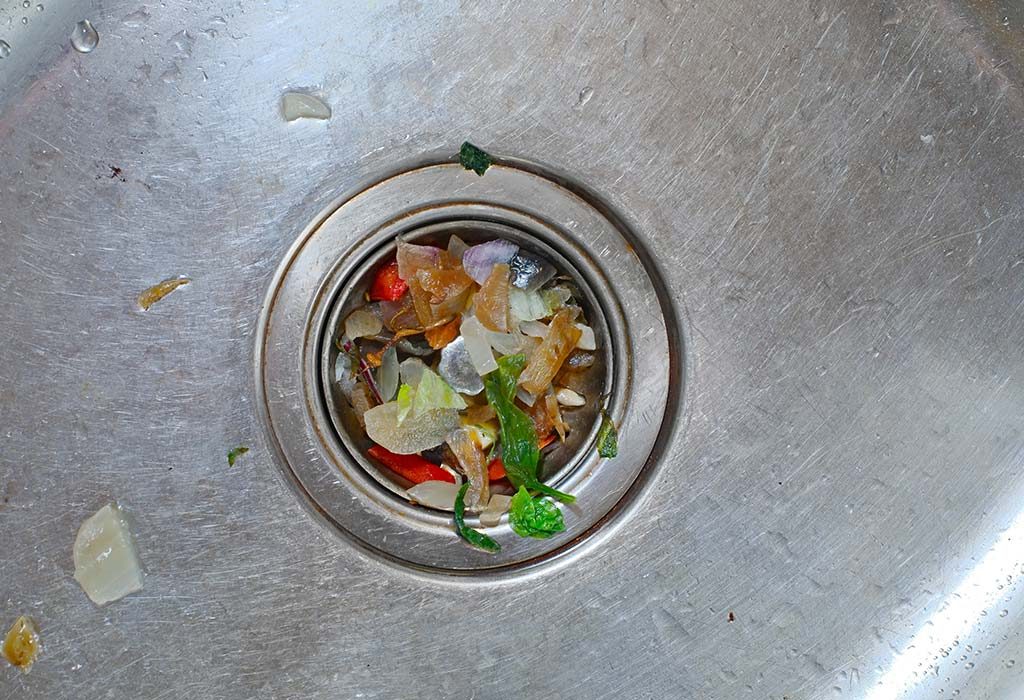





:max_bytes(150000):strip_icc()/freshen-and-unclog-drain-with-baking-soda-1900466-22-bbf940b70afa4d5abef0c54da23b1d3f.jpg)



/how-to-unclog-a-kitchen-sink-2718799_sketch_FINAL-8c5caa805a69493ab22dfb537c72a1b7.png)





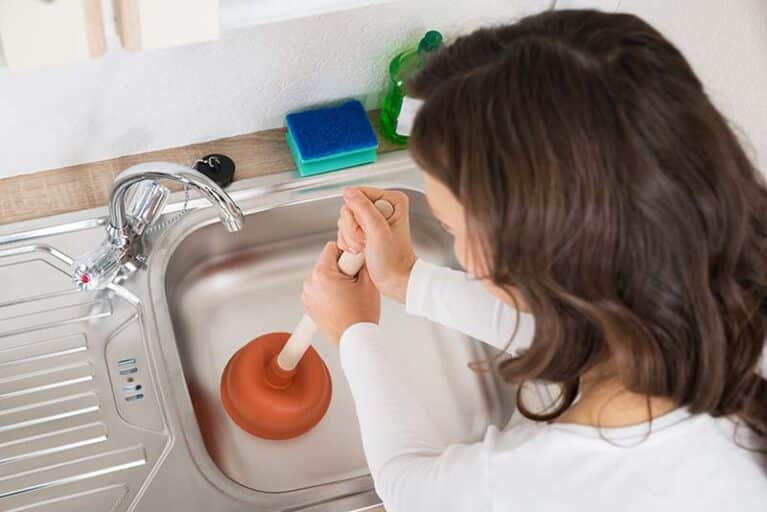

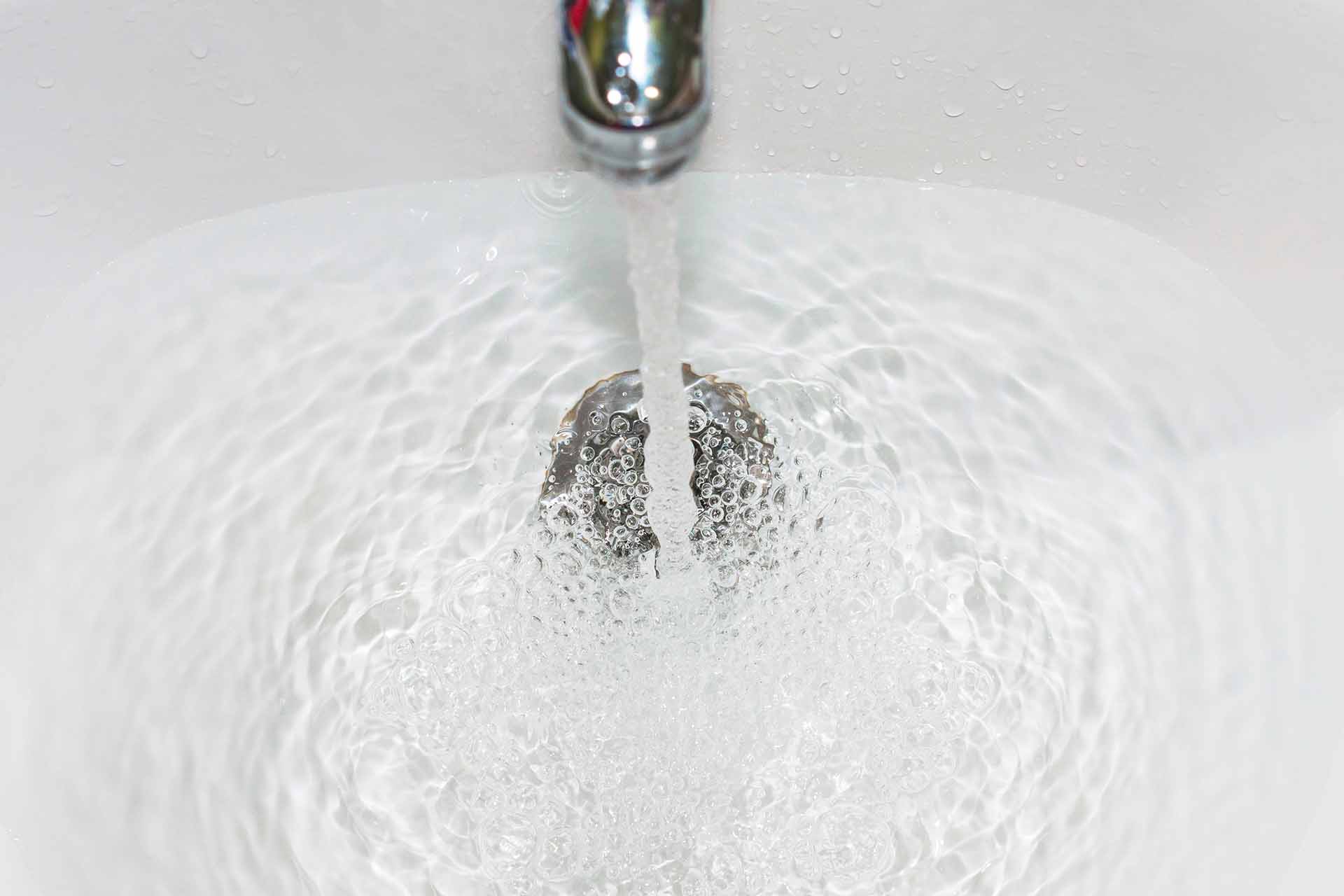


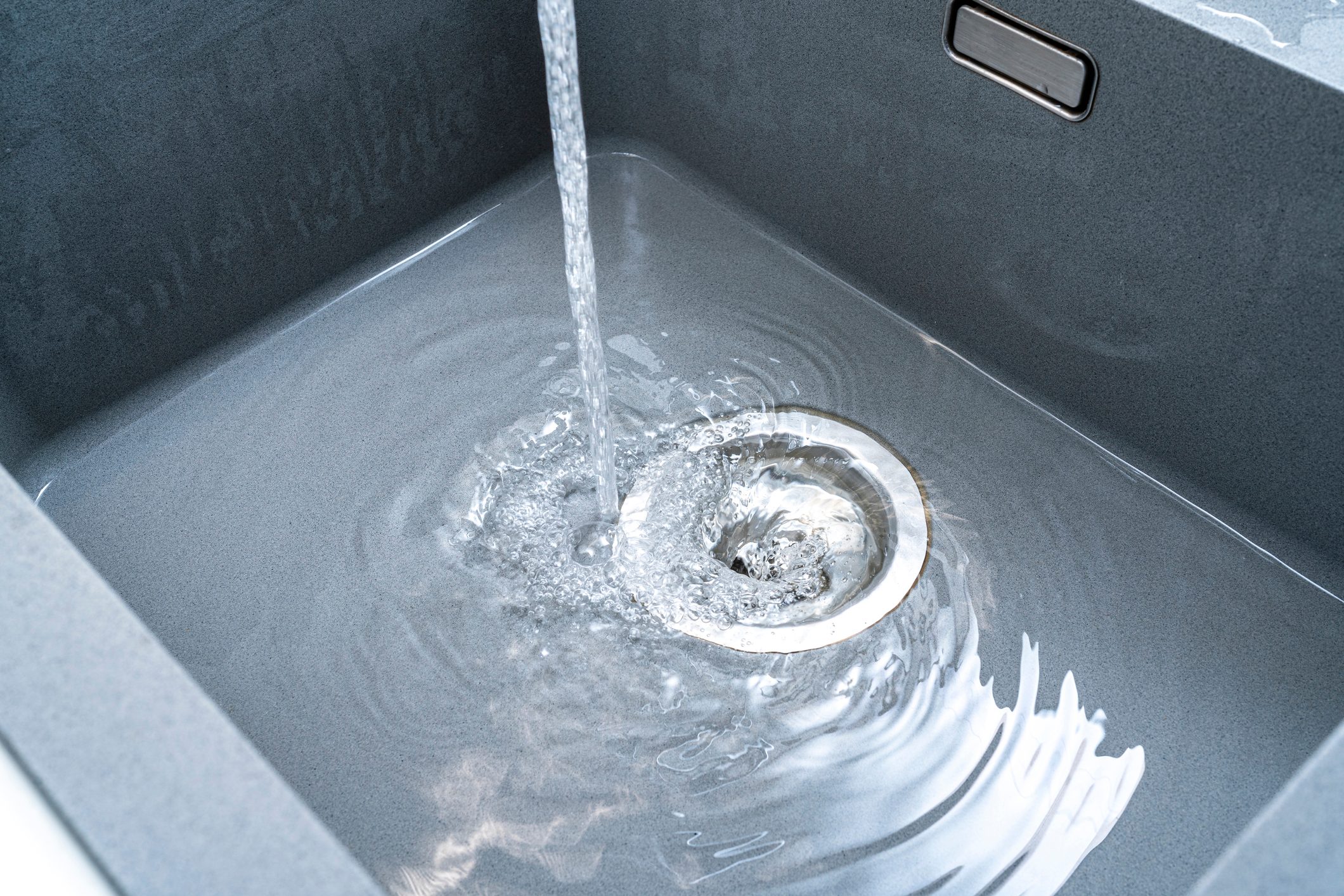




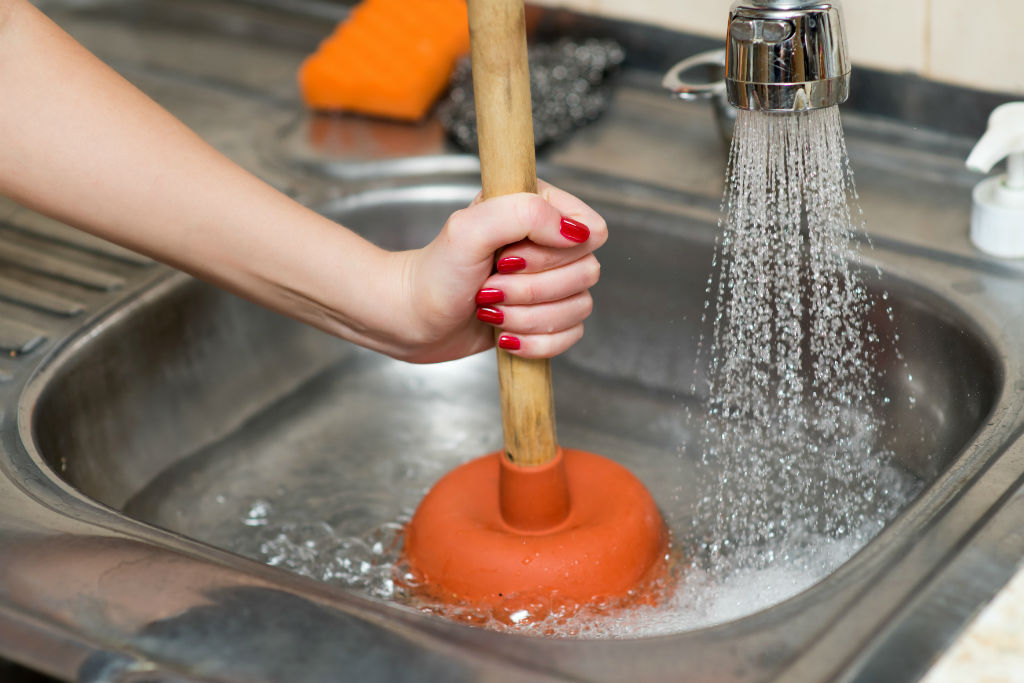








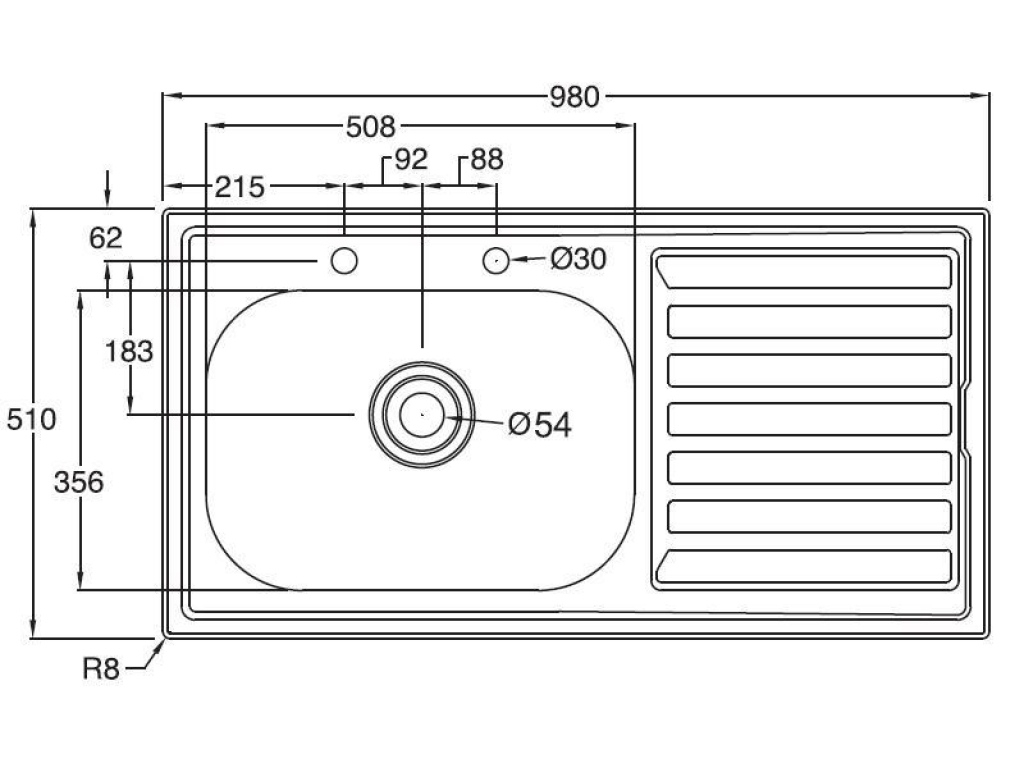
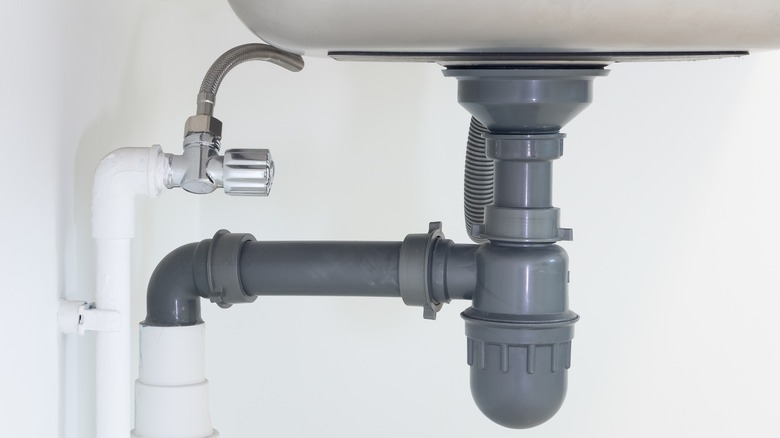
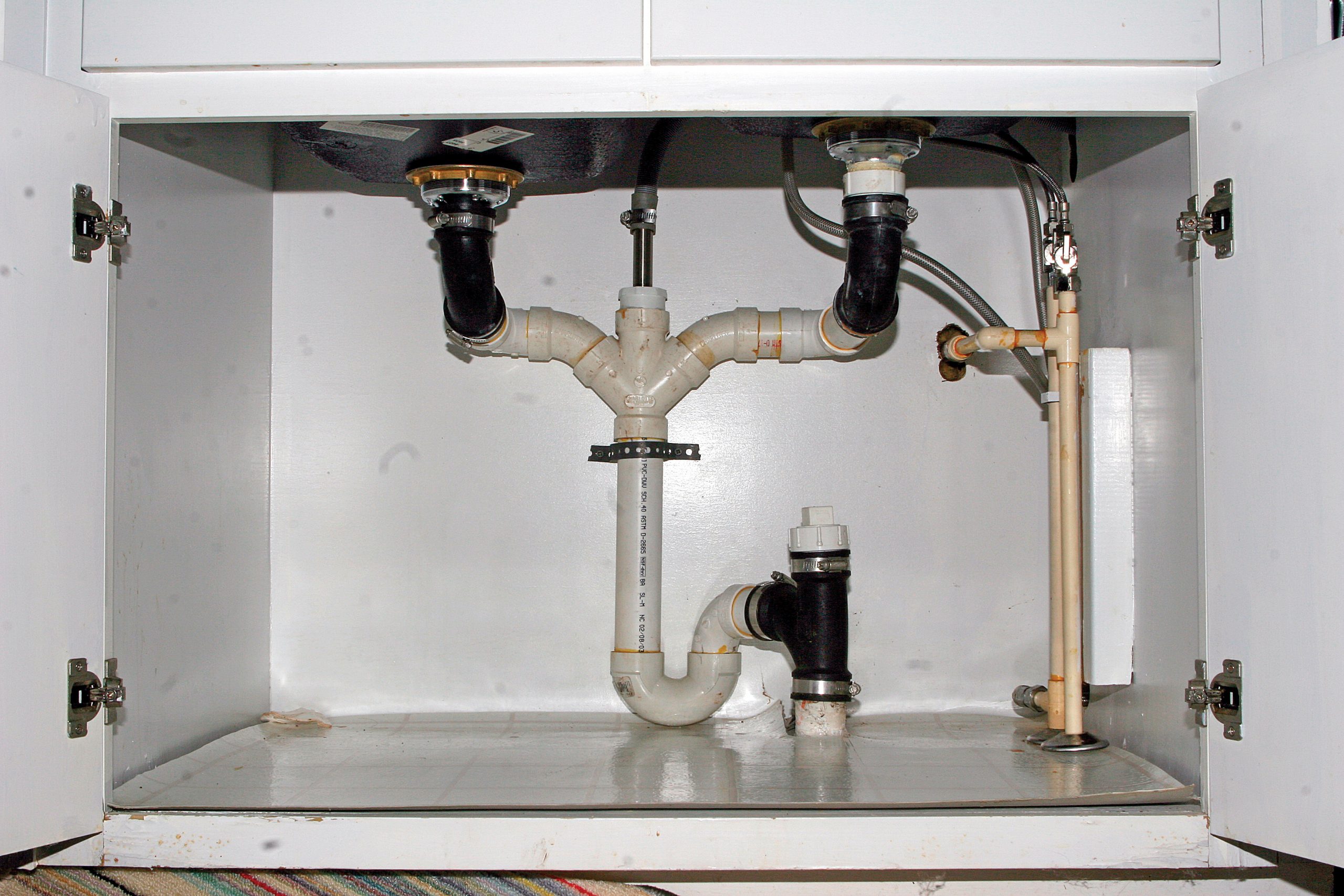
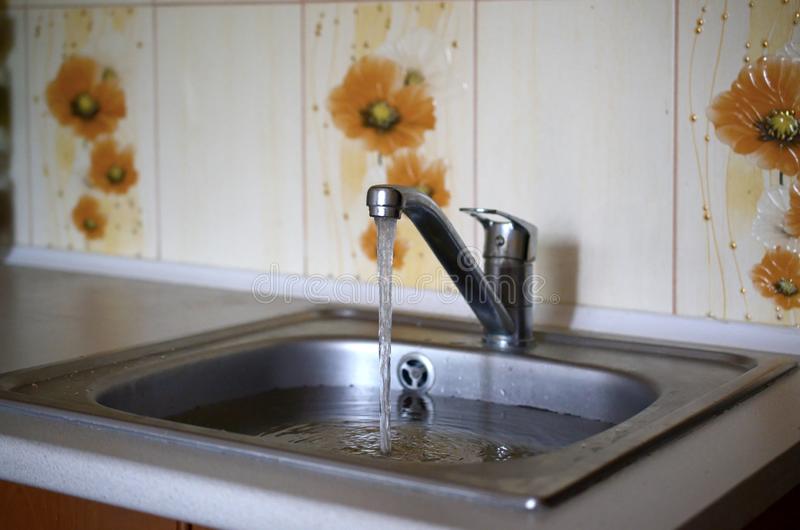
:max_bytes(150000):strip_icc()/how-to-install-a-sink-drain-2718789-hero-24e898006ed94c9593a2a268b57989a3.jpg)



